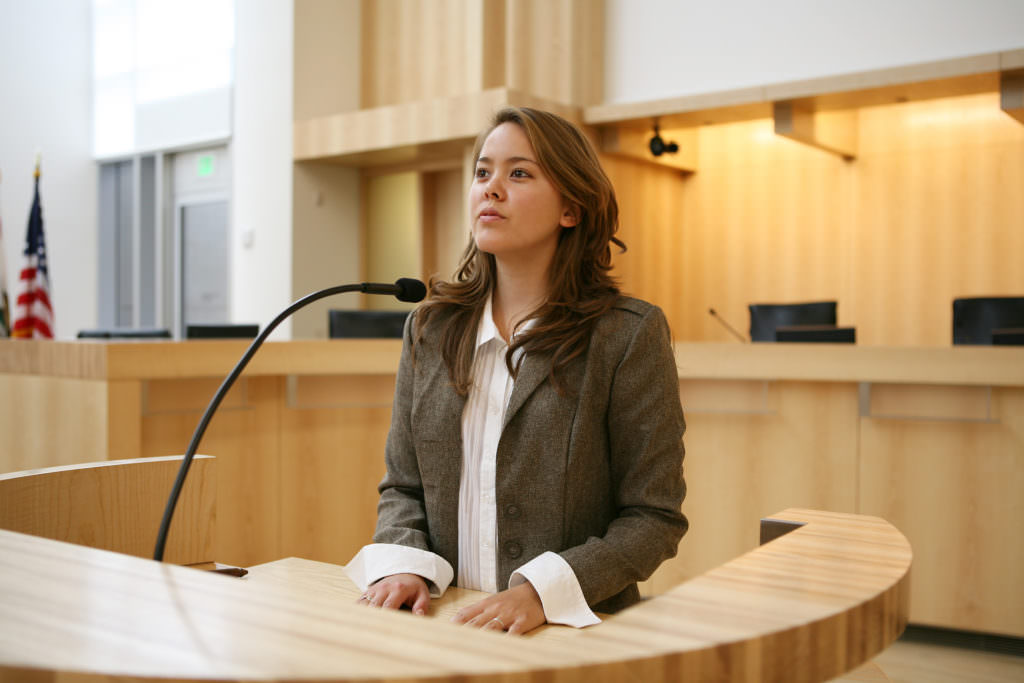In Colorado courtrooms, a lay witness is permitted to testify about matters within the witness’ personal experiences, unless those experiences require skills or knowledge that an ordinary person would not have. In a recent Colorado Court of Appeals decision, the Court considered what an ordinary layperson might know about e-mail, and examined where the boundary lies between layperson knowledge of the internet and expert knowledge. In People v. Garrison, 2017COA107 (announced August 10, 2017), the Court considered whether it was reversible error for the trial court to have permitted lay witness testimony regarding IP addresses and how they are traced. The case involved allegations that the defendant set up an email account in another person’s name and then sent himself e-mails from the account to make it appear that the person was threatening him. During the investigation of the threats, the police obtained a subpoena from Google concerning the email account, and Google provided them with IP addresses that allowed the police to trace the account back to the defendant, who was charged with perjury and attempt to influence a public servant.
At trial, the prosecution presented testimony from a detective and a police officer testifying as lay witnesses regarding IP addresses and how they can be traced back to individual computers. The testimony included presentation of a document obtained from Google containing IP addresses and login times. The trial court held that lay testimony on these subjects was permissible, but the Court of Appeals disagreed.
Finding that the trial court abused its discretion in permitting the presentation of the testimony from lay witnesses, the Court of Appeals held that although an ordinary person may have some knowledge of what an IP address is, the details of them are not within the knowledge of an ordinary person. The Court looked at case law from other jurisdictions as this issue has not been previously addressed in Colorado, and held that “the concept of an e-mail transmission including an IP address, which can be linked to an ISP, and in turn traced to the physical location of a particular ISP customer, is not within the knowledge or experience of ordinary people.” Finding that the testimony regarding IP addresses was vital to the prosecution, the defendant’s conviction was overturned.
Although the general public is increasingly savvy regarding the internet and associated technological issues, the standard for evaluating whether testimony on the subject is lay or expert depends on whether an average person could be expected to know about the subject. When it comes to technology, which is ever-changing, what knowledge is within the ordinary realm is a moving target. It is likely that the concepts found to be arcane and inaccessible to lay persons in Garrison will be within the purview of an ordinary person in the near future.
If you have any questions about this update, please contact Mary Kaluk kalukm@hallevans.com.

